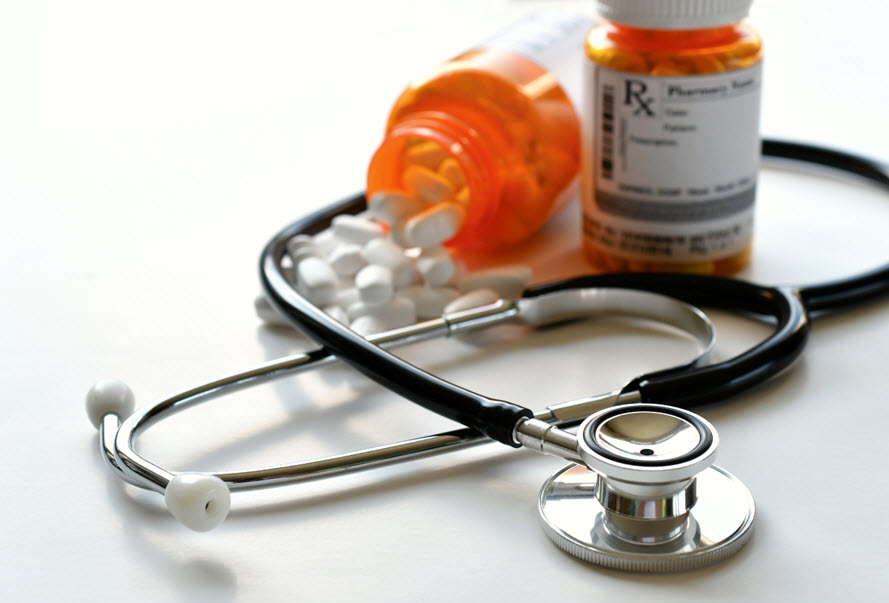Dangerous Drug Cases
November 29, 2024 | Dangerous Drugs Lawsuits
If you’re like many people, you’ve probably had to take several drugs over the course of your life so far. We trust that pharmaceuticals and health care professionals will provide and prescribe medications that will be of benefit to us. These entities often provide warnings for any adverse effects that these medications may have. We therefore never imagine that taking a drug can have a severe impact on our health.
When medications that are supposed to improve health cause harm, the consequences can be devastating not just for the patient but also for their loved ones. Fortunately, the law provides those affected with the opportunity to pursue legal action and receive compensation for damages suffered. This is possible through dangerous or defective drug cases.
What is a Dangerous Drug Case?
Dangerous drug cases, also known as defective drug cases, are personal injury claims brought against pharmaceutical companies, drug manufacturers, drug distributors or health care facilities when these medications have caused harm to patients. These cases fall under product liability law. Entities may be held responsible for defects in the drug, failing to warn patients or healthcare professionals or negligence.
There are three main types of defects that can result in a drug injury case:
- Defects in the design
A defect in the design means that the drug was inherently dangerous to begin with. This may be a result of how it was formulated e.g. ingredients included in the drug. Even if the drug was manufactured perfectly, it still poses a risk to patients.
- Defects that occurred during manufacturing
In some cases, the defects in the drug may have occurred during its manufacture. For example, drugs may have been contaminated or incorrect volumes of ingredients were used. Even if the original design of the drug was safe, an error in manufacturing could still result in a dangerous product.
- Failure to warn/ false marketing
Drug companies are required to provide sufficient warning about the potential side effects, risks and drug interactions of their products. Failure to provide sufficient warning can put patients at risk. Inadequate or false labeling or marketing can prevent healthcare professionals and patients from making informed decisions. This increases the likelihood of adverse effects.
Common Injuries from Dangerous Drugs
Injuries resulting from defective or dangerous drugs can vary widely. They also vary in severity from mild to life-threatening. In severe cases, they can have fatal consequences. Some of the most common consequences of defective drugs include:
- Organ damage
- Birth defects
- Chronic illnesses
- Disabilities
- Psychological effects including dependency
- Wrongful death
The consequences of dangerous or defective drugs go well beyond the physical effects on the patient. Other impacts of dangerous drugs include:
- Medical bills,
- Ongoing treatment
- Lost income
- Psychological trauma
With all these effects in mind, it is clear that seeking compensation as a victim is vital.
What Is Involved in a Dangerous Drug Case
Dangerous drug cases are some of the most difficult personal injury cases to litigate. It can be especially challenging to show that a defect in the drug caused harm and that the patient suffered actual damages as a result. In general, the process involves:
- Collection of evidence
In order to successfully file a lawsuit, evidence must be provided that links the drug to the harm suffered. This may be in the form of expert testimonies, extensive scientific data and medical records.
- Proving damages
Not only do you have to provide evidence showing a clear connection between the drug and the injury, but also to show that you suffered damages as a result. These damages go beyond the physical impact. Evidence for this may include providing medical reports and bills for treatment of your injuries, extra expenses incurred as a result of incapacitation e.g. childcare, loss of income, lost capacity to earn and more.
- Litigation or settlement
These types of cases are often handled in either of two ways. Most cases end with an out-of-court settlement whereby your attorney negotiates with the at-fault parties for compensation. If a settlement cannot be reached, the case proceeds to trial. This provides both sides the opportunity to present their cases to a judge and jury.
- Class action or mass tort
In many cases, defects in drugs are discovered or show their effects after many people have used them. When defective drugs affect many people, the cases may be grouped into a class action or mass tort litigation. When this occurs, the injured individuals bring a collective claim against the at-fault parties. This helps to increase their bargaining power. There is greater chance of success when your case is part of a mass tort or class action.
Get Expert Legal Assistance with Your Dangerous Drug Case
Taking on the pharmaceutical industry in a dangerous drug case can be intimidating and even overwhelming for victims and their loved ones. If you or a loved one has been injured as a result of a dangerous drug, don’t hesitate to contact us, High & Younes Attorneys LLC. Schedule free consultation with our expert team and get started with seeking justice.

Dangerous Drug Cases

